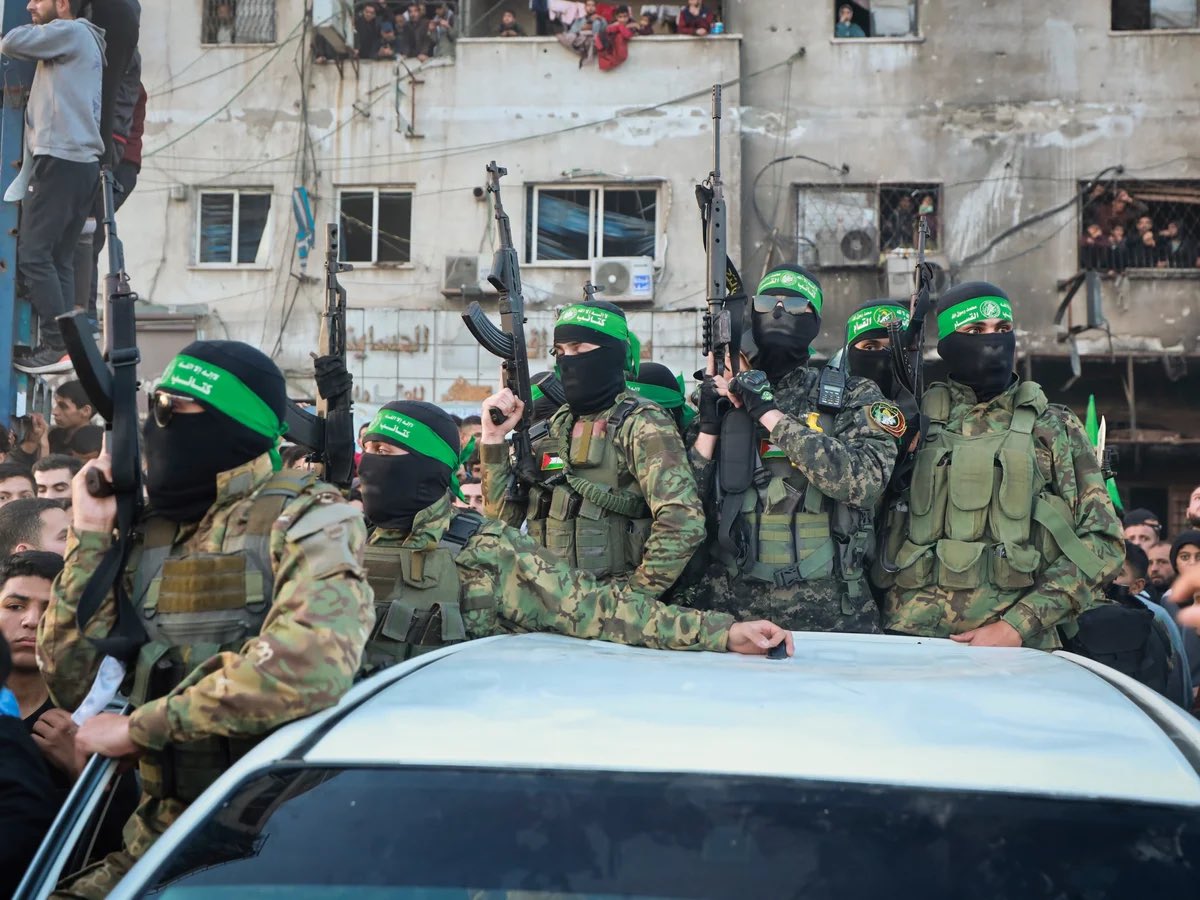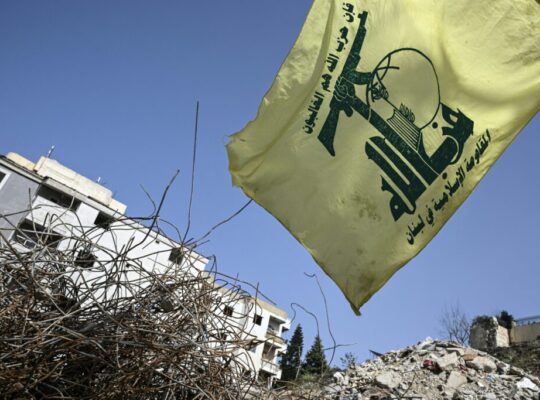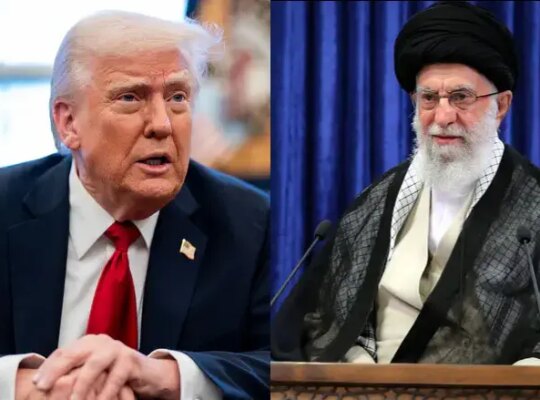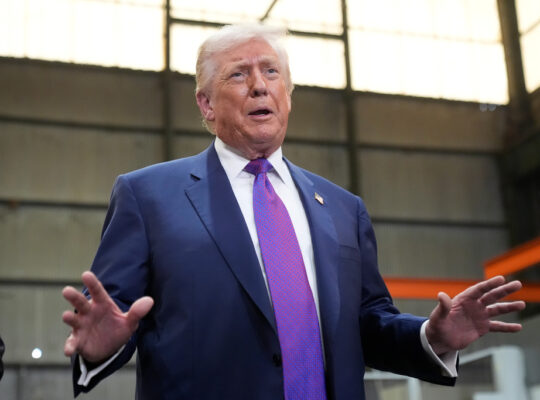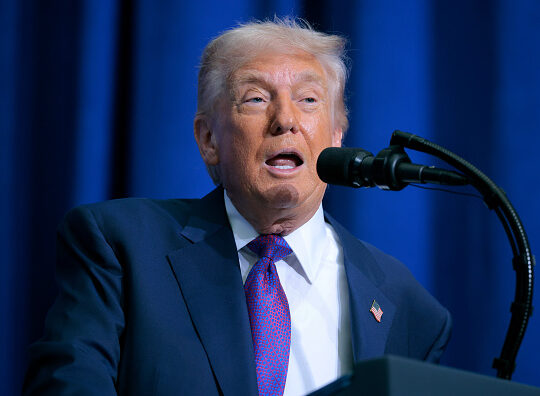Austria’s state security service (DSN) raided a rented storage room in Vienna and pulled a suitcase holding five handguns and ten magazines, a cache authorities tie to Hamas and to planned attacks on Israeli and Jewish institutions in Europe. A 39-year-old British national was arrested in London in a coordinated probe with Germany and the U.K., officials said.
German federal prosecutors name the suspect Mohammed A., alleging he twice met an operative in Berlin, received the pistols and ammunition, transported them to Austria, and stashed the weapons in Vienna to support Hamas operations. He is to be extradited from the U.K. to face charges of membership in a foreign terrorist organization and preparing murder attacks on Jewish and Israeli facilities.

The Vienna find plugs directly into a wider German case: in a separate round-up, prosecutors say Abed Al G., Wael F. M., and Ahmad I. acted as Hamas “foreign operatives,” sourcing firearms from Germany for attacks on Jewish and Israeli targets. Hamas has publicly denied ties to the suspects, but investigators stand by their assessment of Hamas affiliation and intent.
Austria’s interior minister Gerhard Karner hailed the cross-border work and promised “zero tolerance for terrorists.” DSN’s statement is blunt about the intended victims—Israeli or Jewish institutions—and underscores how Europe’s post-October 7 threat picture still includes pre-positioned weapons and sleeper logistics designed for opportunistic strikes.
Austrian and German outlets report the network may have laid down multiple caches across Europe—some dating back years—building a low-signature lattice for quick activation. That picture is consistent with prosecutors’ claim that the Vienna suitcase was part of a broader pipeline run through Berlin.


Why it matters: This isn’t online incitement; it’s hardware on the ground pointed at synagogues, community centers, and Israeli sites. The Vienna seizure and the London arrest show that Hamas’s external apparatus still seeks to project terror in Europe—and that Austrian, German, and U.K. services are increasingly knitting together the intelligence to stop it. Expect more searches, more warrants, and more pressure on anyone moving guns, cash, or comms for the network.
Source link


